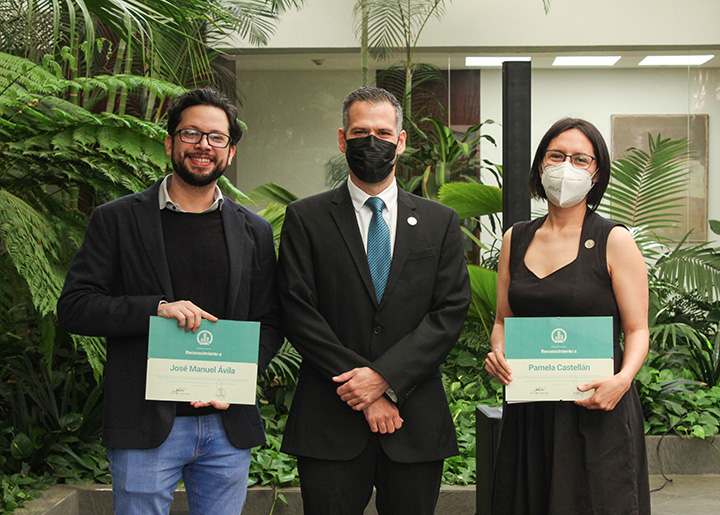CFLI contributes to sustainable urban planning in Guatemala

Credit: GGBC team
Guatemala is highly vulnerable to the effects of climate change, which results in natural and man-made disasters that have taken a huge toll in the way of losses of human lives and material damages.
In addition, constant migration flows of people in search of employment and economic opportunities continues to put constant pressure on the need for low-cost housing. The question that was becoming more and more relevant was: how to achieve accessible but sustainable housing?
Partnering with a group of young and visionary architects under the umbrella of the Green Building Council, Canada is contributing to the establishment of standardized guidelines for the construction of sustainable housing. In addition, workshops with municipal authorities were organized, to share with them information on international city planning standards and green practices.
As Andrea Barrientos, Urban Planning Director of the Guatemala City Hall, who participated in the training for sustainable green housing (CASA Guatemala) commented: “I am thrilled about the new methodologies learned. I am already thinking on how to incorporate these instruments into our planning at City Hall”.

Credit: GGBC team
The CASA Guatemala initiative includes a voluntary certification programme to encourage new generations of engineers, architects and city planners to keep up to date on new environmentally-friendly guidelines, through a digital platform that measures the strategies each developer puts in place.
To date, three development projects have been pre-certified by CASA Guatemala and three more are currently undergoing the process, one of them in the northern region of Alta Verapaz. These projects represent more than 450 housing units that will operate more efficiently, reducing monthly water and power consumption, and contributing to a greener future in Guatemala.
- Date modified: